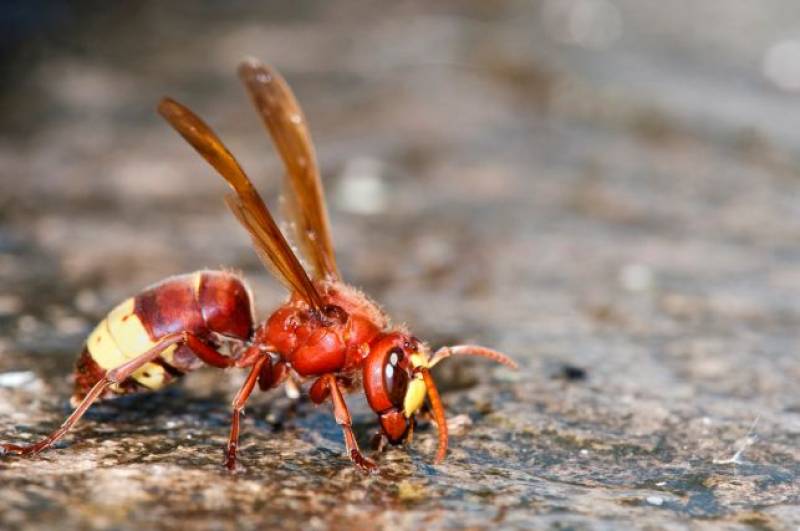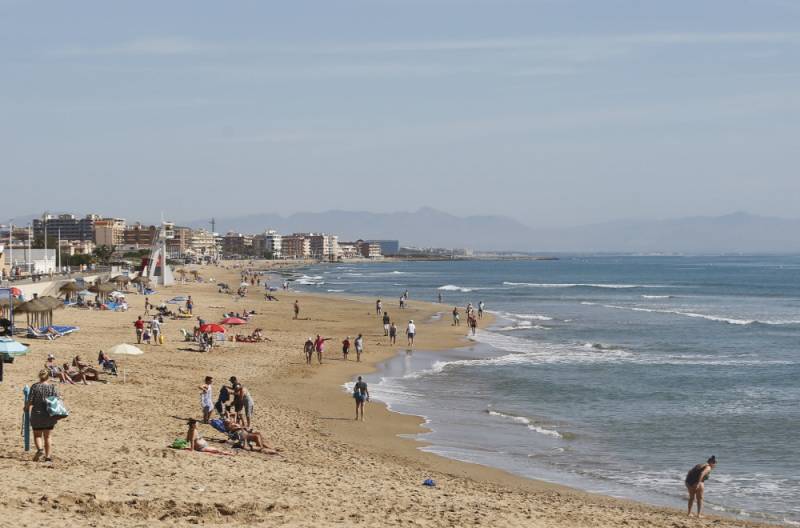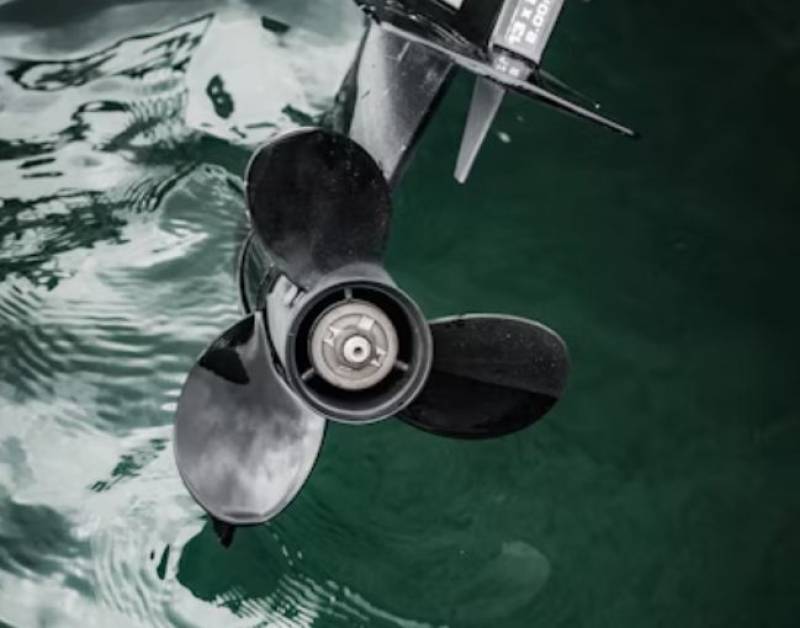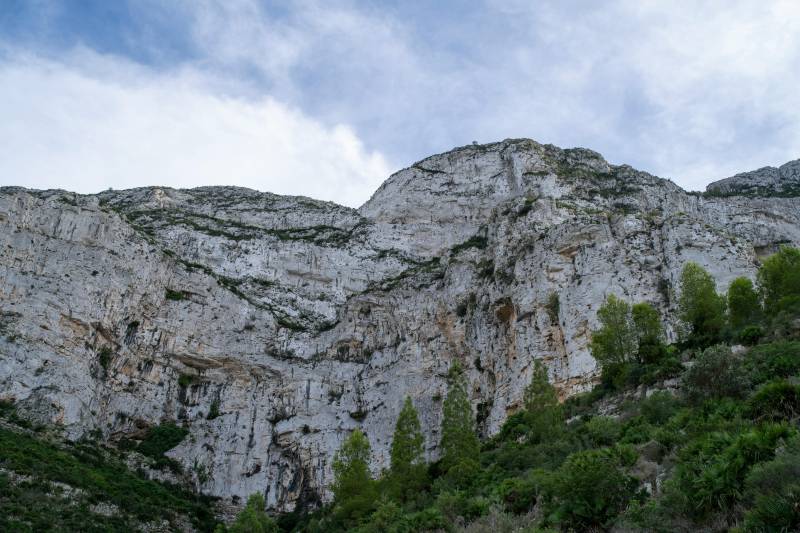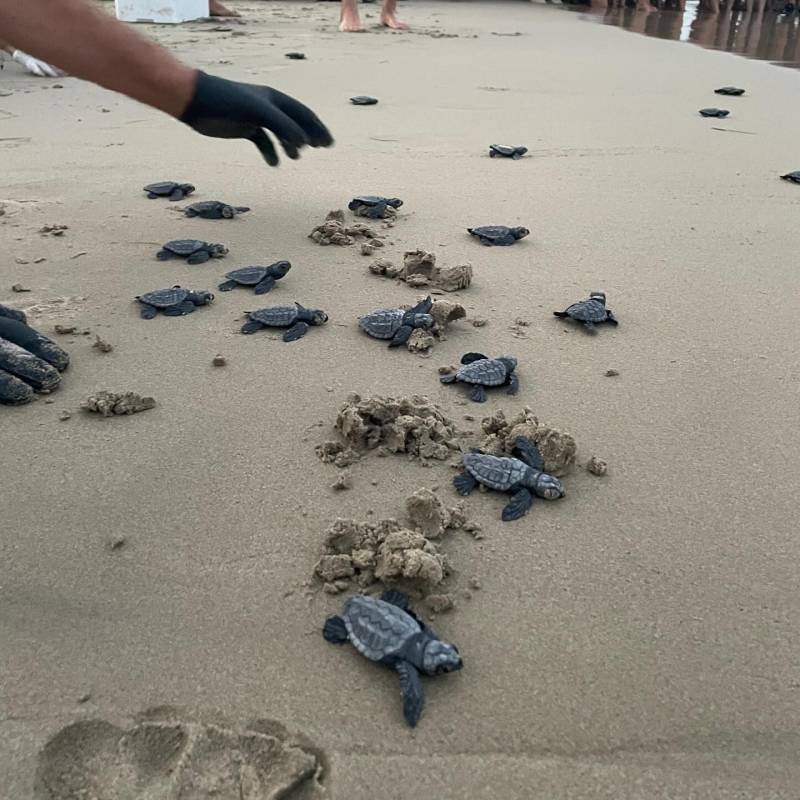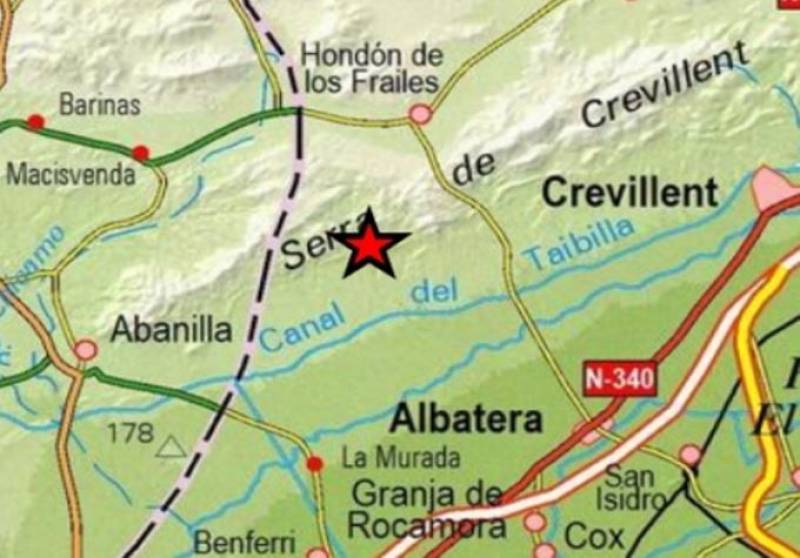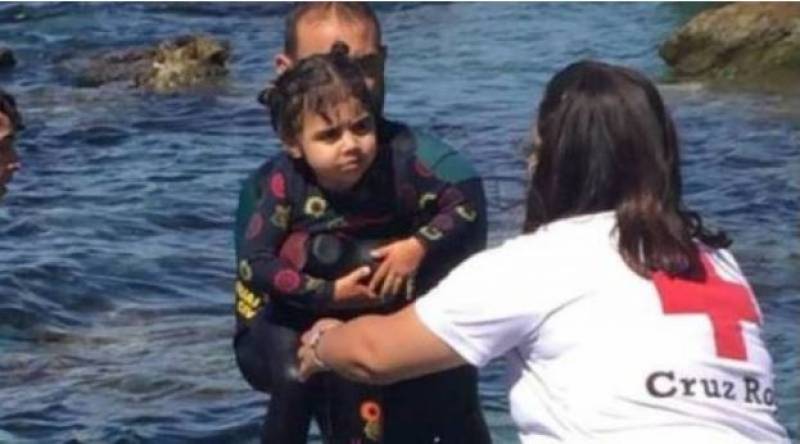
To be listed on the CAMPOSOL TODAY MAP please call +34 968 018 268.

Guidelines for submitting articles to Condado Today
Hello, and thank you for choosing CondadoToday.com to publicise your organisation’s info or event.
Condado Today is a website set up by Murcia Today specifically for residents of the urbanisation in Southwest Murcia, providing news and information on what’s happening in the local area, which is the largest English-speaking expat area in the Region of Murcia.
When submitting text to be included on Condado Today, please abide by the following guidelines so we can upload your article as swiftly as possible:
Send an email to editor@condadotoday.com or contact@murciatoday.com
Attach the information in a Word Document or Google Doc
Include all relevant points, including:
Who is the organisation running the event?
Where is it happening?
When?
How much does it cost?
Is it necessary to book beforehand, or can people just show up on the day?
…but try not to exceed 300 words
Also attach a photo to illustrate your article, no more than 100kb

Dead cow at Altea beach is second on Costa Blanca in less than a week
Cases are so far unexplained but cargo ships carrying livestock have been blamed for previous similar incidents
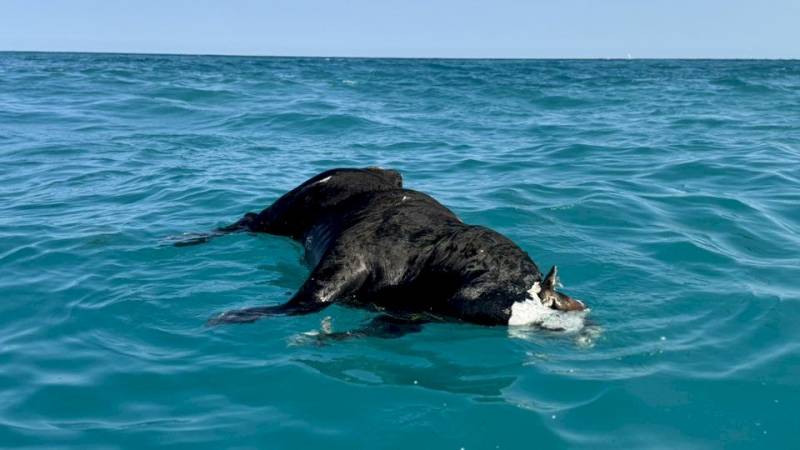
A dead cow in the sea at a beach is an unpleasant surprise for bathers but is not as uncommon as you may think.
The severely decomposed body of a cow was spotted in the bay between Playas de l’Olla and Espigó in Altea on Monday evening, only days after a similar discovery in Torrevieja.
The carcass, which was floating near the line of buoys marking the edge of the bathing area, was first noticed by local resident Antonio Alcaraz, who was out on his jet-ski at the time.
He told Spanish press it had been a “surreal” experience, as at first he had thought it was a large piece of plastic, then a sperm whale, and when he got closer it seemed more like a bull, but then he saw it had no horns and realised it was a cow.
“I got the impression it was not like those which are seen around here,” commented Antonio.
“It was whole and did not smell at all, as if it had not been in the water for long.”
After reporting it to the local police, who told him it would be washed up on a beach within a couple of hours, he went ashore, still wondering where it had come from.
Bathers at La Mata beach on July 30 also spotted something large in the water, but could not tell it was a dead cow until it was washed up on the shore.
In both cases, photos of the dead animals were shared widely on social media, but no official explanation has been given for either.
Similar cases have occurred relatively often all over Spain, including one in Jávea in March 2022, one in El Campello in October 2021, one in Águilas (Murcia) in March 2021, and one in Elche in August 2018, to name but a few nearby examples.
More recently, two dead cows were found floating by a beach in Marbella in December 2024.
Are livestock export ships to blame?
Animal rights campaigners have long insisted that in most cases such as these the cows have come from huge cargo ships transporting livestock.
They claim that the conditions aboard these vessels are appalling, and animals often fall overboard or are thrown into the sea if they get sick or die, even though this is totally prohibited.
In March 2021, the Spanish government ordered almost 900 cows to be put down on a cargo ship in Cartagena, and almost 2,000 more on another ship in the port there, after both vessels had been refused permission to dock in Turkey.
In both cases veterinary inspectors filed damning reports about the filthy and overcrowded conditions on board.
Groups such as political party PACMA and the Fundación Igualdad Animal (animal equality foundation) continue to campaign for shipping of livestock to be banned, including a petition.
According to Igualdad Animal, more than two billion animals suffer on long-distance voyages every year, only to be slaughtered when they reach their destination.
“Thousands die during the journey from dehydration, extreme stress, malnutrition, injuries or illnesses,” they assure.
PACMA says that Spain exports more than 1.5 million live animals per year, within and to outside of the EU.
The UK banned exports of live animals in May 2024.
The EU is currently revising its legislation on live animal exports to improve animal welfare and the vote in the Joint Committees is scheduled for October 2.
Image: Antonio Alcaraz / Facebook
See more news about animals in Spain:
OR
Sign up for the Spanish News Today Editors Roundup Weekly Bulletin to get a comprehensive email with all the week’s news for Spain, Murcia, Alicante and Andalucía.
Get a sneak peek – here are a few of our recent Subscription Bulletins:
Discount Special Offer subscription:
36.95€ for 48 Editor’s Weekly News Roundup bulletins!
Please CLICK THE BUTTON to subscribe.













